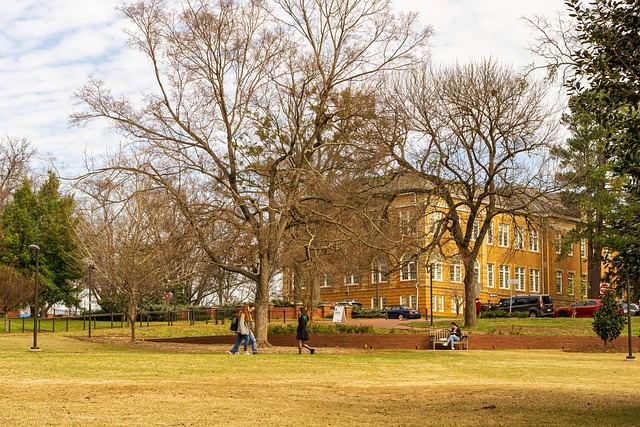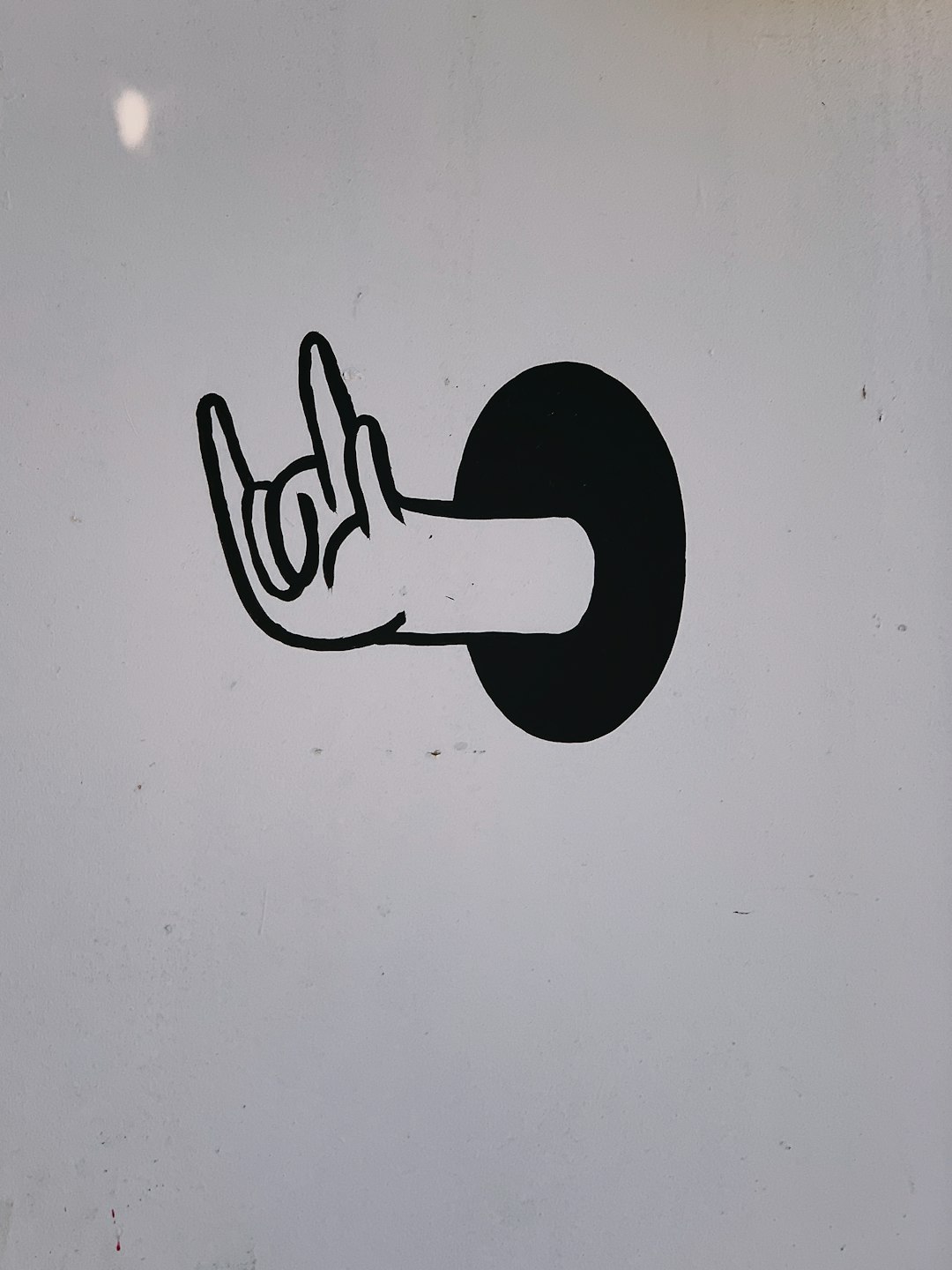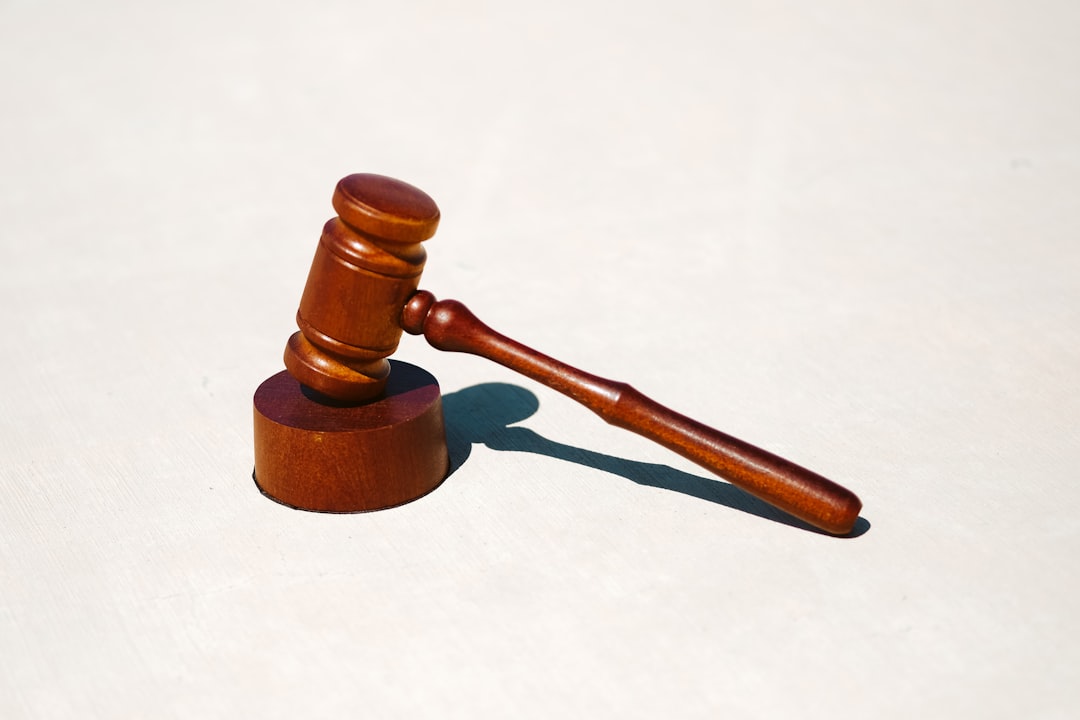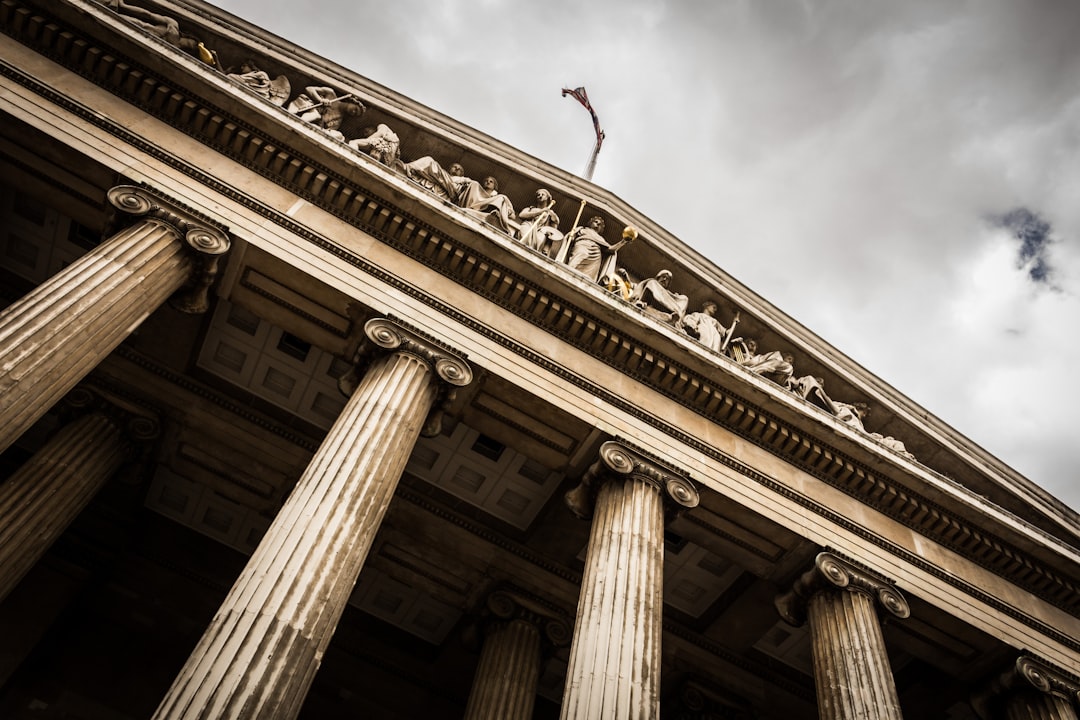In South Carolina, robust laws protect students from sexual assault in private schools, covering physical acts, inappropriate touching, cyberbullying, and mandating investigations. A skilled school abuse attorney is vital for victims seeking justice, guiding them through complex legal challenges, including state and federal laws, institutional policies, and evidence gathering. After an assault, immediate support includes medical attention and crisis resources, while consulting a specialized school abuse attorney in South Carolina offers crucial legal guidance to navigate educational policies, hold perpetrators accountable, and protect the victim's privacy.
In South Carolina, addressing sexual assault within private schools is a critical issue that demands careful navigation of state laws. Understanding the legal framework is essential for victims and their families seeking justice. A skilled school abuse attorney plays a pivotal role in this process, guiding individuals through complex laws to ensure proper handling of cases. This article explores these aspects, offering insights into navigating South Carolina’s legal system as it pertains to private school sexual assault, with a focus on the crucial support provided by experienced legal counsel.
Understanding South Carolina's Legal Framework for Private School Sexual Assault Cases
In South Carolina, addressing sexual assault within private schools is governed by a comprehensive legal framework designed to protect victims and hold perpetrators accountable. When a student experiences school abuse, understanding the relevant laws is crucial for pursuing justice. A skilled school abuse attorney in South Carolina can navigate these complex regulations, ensuring that victims’ rights are upheld.
The state’s laws regarding sexual misconduct in educational institutions are clear and stringent. These regulations not only prohibit physical acts but also cover a wide range of non-consensual behaviors, including inappropriate touching, sexual harassment, and cyberbullying. Victims have the right to report such incidents to school authorities, who are obligated to investigate and take appropriate measures. Legal counsel can guide victims through this process, ensuring their voices are heard and their interests protected throughout any subsequent legal proceedings.
The Role of a Skilled School Abuse Attorney in Navigating Complex Laws
When a sexual assault occurs within the confines of a South Carolina private school, victims and their families often face a complex web of legal issues. This is where a skilled school abuse attorney plays a pivotal role. Their expertise lies in navigating the intricate laws surrounding educational institutions, ensuring that all legal avenues are explored to secure justice for the victim.
A competent school abuse attorney understands the unique challenges presented by these cases, including the interaction between state and federal laws, as well as institutional policies and procedures. They are adept at gathering evidence, interviewing witnesses, and constructing a robust legal strategy tailored to South Carolina’s specific legal framework. This specialized knowledge is crucial in holding accountable those responsible for such heinous crimes within the school environment.
Supporting Victims and Their Families: Resources and Steps to Take After an Incident
After a sexual assault occurs at a South Carolina private school, it’s crucial to have support and guidance for both the victim and their family. The first step is to ensure the safety and well-being of the individual affected. This may involve seeking immediate medical attention and connecting with crisis hotlines or local support groups specializing in helping survivors of sexual violence.
Victims and their loved ones should also consider consulting a school abuse attorney in South Carolina who has experience dealing with such cases. These legal professionals can provide essential resources, help navigate the educational system’s policies and procedures, and ensure that all necessary steps are taken to hold the responsible parties accountable while protecting the privacy and best interests of the victim.






